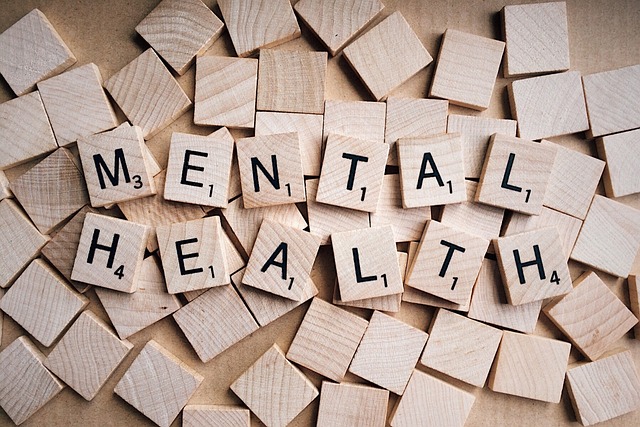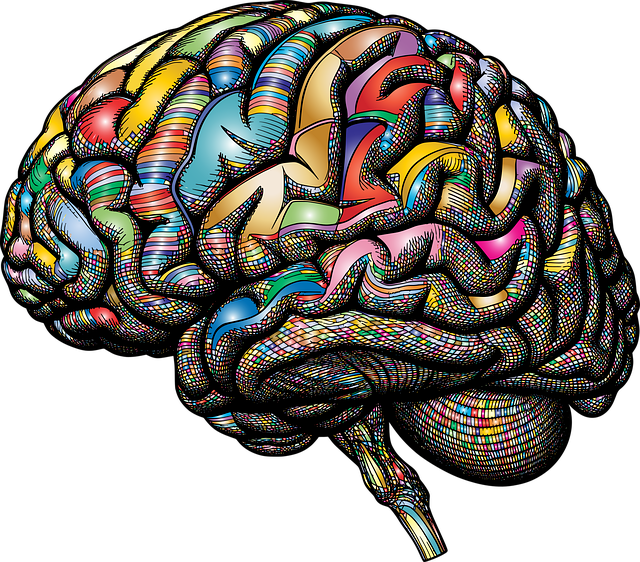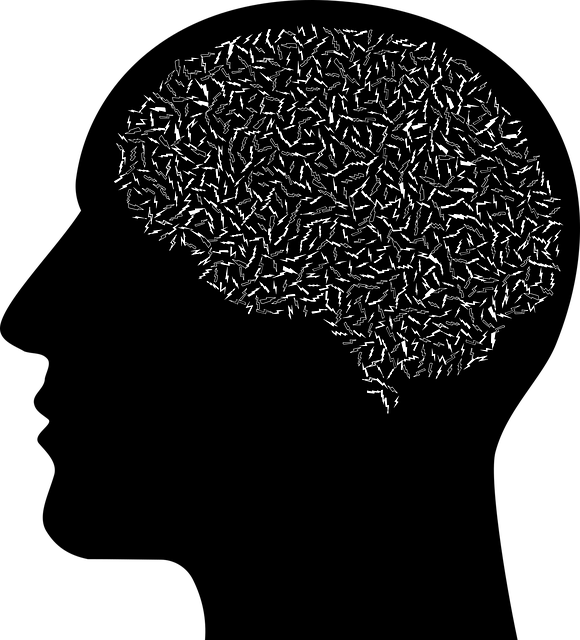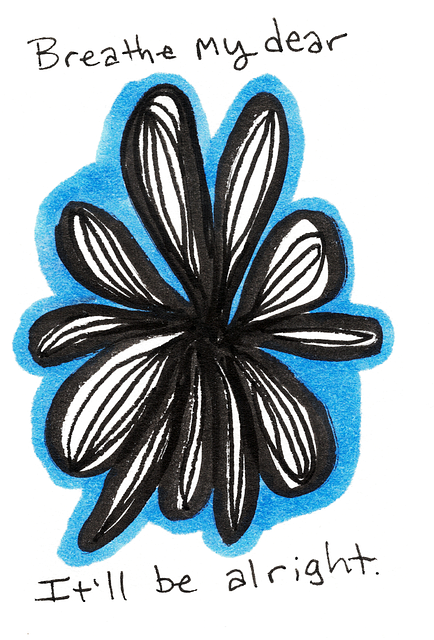Emotional intelligence (EI) is crucial for veterans' transition to civilian life and mental health, addressing trauma and PTSD. Therapy for adult veterans enhances EI through stress management, cultural sensitivity, and emotional regulation techniques. Specialized programs focus on EI, teaching coping mechanisms like CBT and mindfulness, improving self-awareness, and fostering strong relationships. Community outreach, risk management, and consistent practice empower veterans to manage trauma effectively and improve their quality of life through better stress management.
Emotional intelligence (EI) is a powerful tool for personal growth, especially for veterans transitioning back into civilian life. This article explores the profound impact of EI on veterans’ well-being, offering insights into how therapy can significantly enhance their emotional resilience. We delve into practical strategies to cultivate and strengthen EI daily, focusing on accessible techniques tailored for adult veterans seeking to navigate their emotions effectively. By understanding and managing their emotional landscape, veterans can thrive in various aspects of life.
- Understanding Emotional Intelligence and Its Impact on Veterans
- The Role of Therapy in Enhancing Emotional Intelligence for Adult Veterans
- Practical Strategies for Daily Application and Continuous Growth
Understanding Emotional Intelligence and Its Impact on Veterans

Emotional intelligence (EI) is a crucial aspect of human interaction and mental well-being, encompassing self-awareness, empathy, and emotional regulation. For veterans, in particular, cultivating EI can be transformative in their transition to civilian life and overall mental health. Many adult veterans face unique challenges, such as trauma, PTSD, and adjustments to civilian society, which often require specialized support and understanding.
Therapy for adult veterans plays a pivotal role in enhancing emotional intelligence. Through therapy sessions, veterans can learn effective stress management techniques and develop cultural sensitivity in mental healthcare practice, ensuring they receive tailored care that respects their individual experiences. By focusing on emotional regulation, therapists help veterans better understand and navigate their emotions, fostering healthier relationships and improving their overall quality of life. This process is essential for overcoming the barriers they may face due to their military service background.
The Role of Therapy in Enhancing Emotional Intelligence for Adult Veterans

For adult veterans, therapy serves as a powerful tool to enhance emotional intelligence—a critical aspect of their reintegration and overall well-being. Many veterans face unique challenges upon returning home, including adjusting to civilian life, managing trauma, and reconnecting with their emotions. Specialized therapy programs tailored for veterans can help them develop essential social skills, enabling effective communication and building stronger relationships.
Through evidence-based practices, such as cognitive behavioral therapy (CBT) and mindfulness training, therapists assist veterans in understanding and regulating their emotions. This process involves identifying triggers, developing coping strategies, and cultivating self-awareness—all integral components of emotional intelligence. Additionally, risk management planning for mental health professionals becomes vital, ensuring a safe and supportive environment during therapy sessions. Community outreach program implementation can further complement these efforts by offering additional resources and support networks tailored to veterans’ specific needs, fostering a smoother transition and enhancing their overall emotional resilience.
Practical Strategies for Daily Application and Continuous Growth

Emotional intelligence (EI) is a powerful tool for personal growth and improved relationships, especially relevant for Therapy for Adult Veterans. Building EI involves consistent practice and commitment to self-awareness, understanding others, and effective communication.
Practical strategies include mindfulness exercises, such as daily meditation or mindful breathing, to enhance present-moment awareness and reduce stress (Anxiety Relief). Regular reflection on one’s emotions and their impact on interactions allows for better regulation and deeper understanding of oneself and others. Engaging in active listening during conversations fosters empathy and strengthens connections. Additionally, seeking feedback from trusted peers or mentors can provide valuable insights for growth. For Risk Assessment for Mental Health Professionals, integrating these practices into daily life encourages continuous learning and adaptation, ultimately enhancing the therapist-client relationship and Stress Management.
Emotional intelligence is a powerful tool for veterans to navigate life’s challenges, especially through tailored therapy for adult veterans. By understanding and managing emotions, veterans can improve their relationships, make better decisions, and enhance overall well-being. The strategies outlined in this article provide a practical framework for continuous emotional growth, enabling veterans to thrive both personally and professionally. With dedication and the support of therapeutic interventions, building emotional intelligence is an accessible path to a more fulfilling life.














